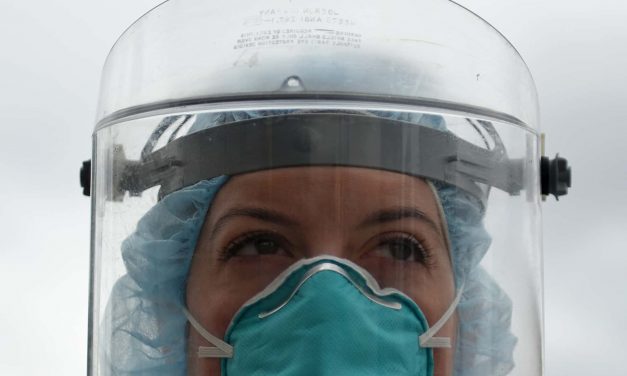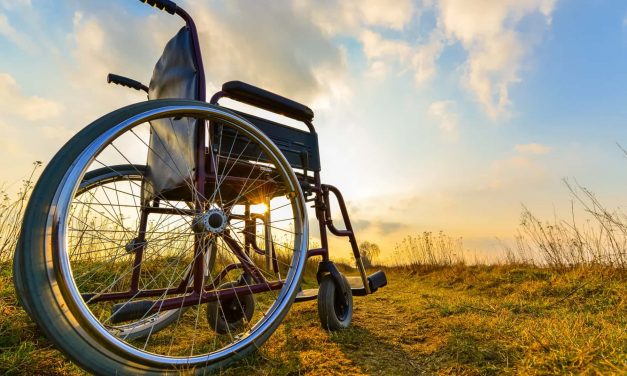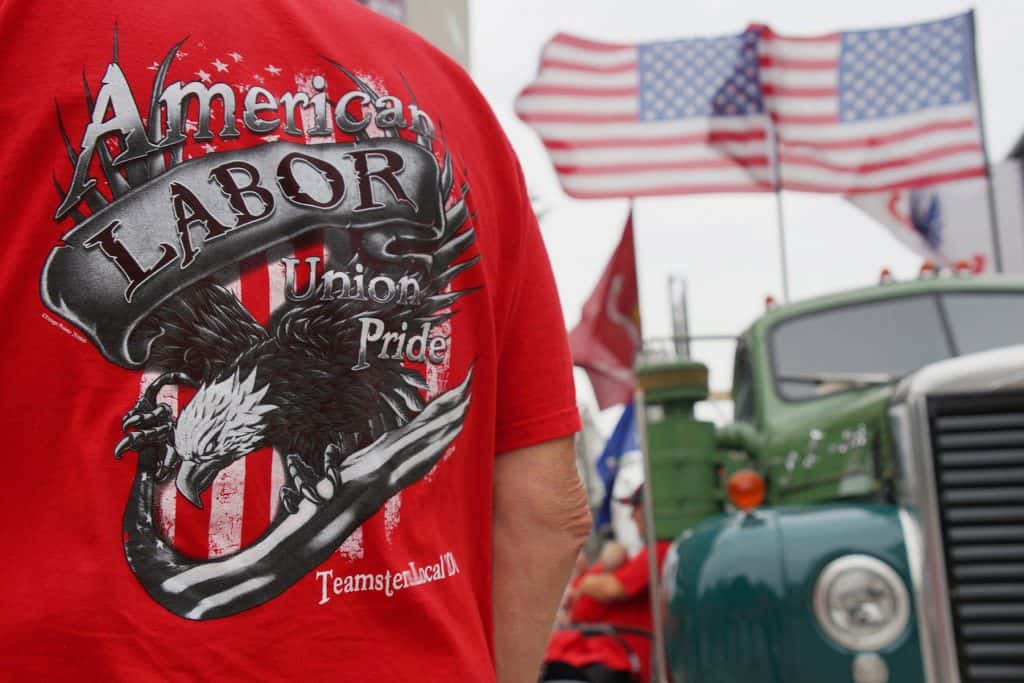Slowing the Spread: Social distancing is working even as coronavirus case counts continue increasing
By Abram Wagner, Research Assistant Professor of Epidemiology, University of Michigan The last few weeks have brought previously unimaginable changes to the lives of people throughout the United States. Americans everywhere are waking up to a new reality in which they cannot go to work or school outside the home and they have to stay six feet away from others. More than 80% of Americans are under such stay-at-home orders. People are also seeing charts in the news showing rapidly increasing case counts. This is likely to continue to occur. The United States surpassed Italy and China to have...
Read More















